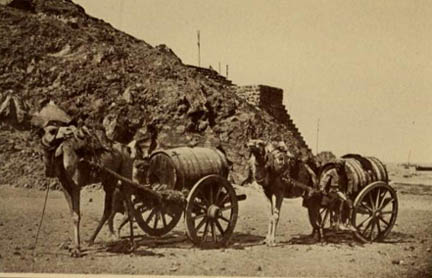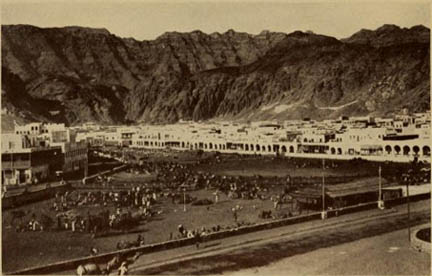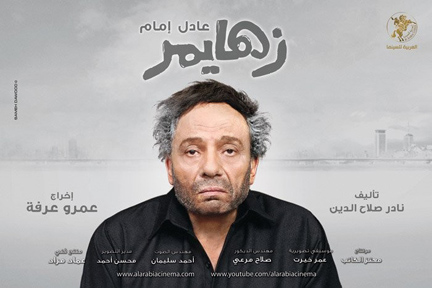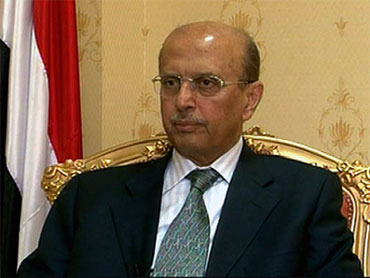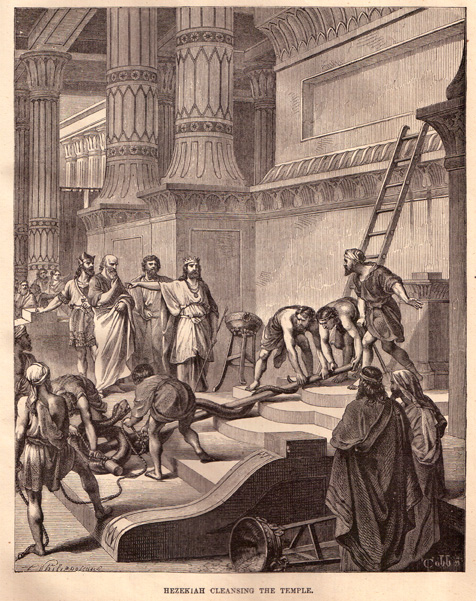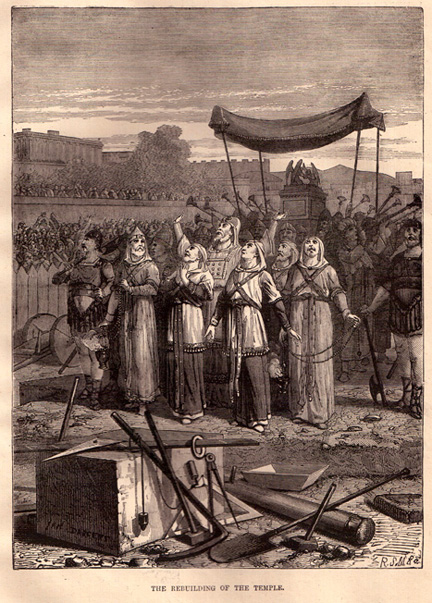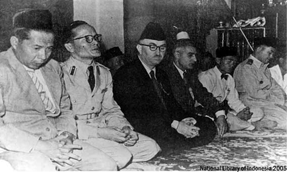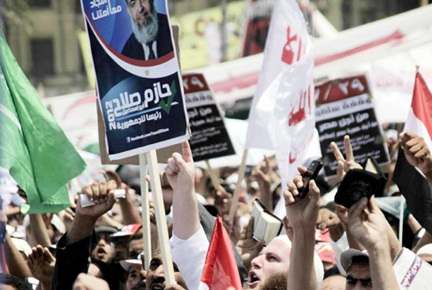
Former Intel Chief: Call Off The Drone War (And Maybe the Whole War on Terror)
by Noah Shachtman, Wired.com, July 28, 2011 |
Colorado — Ground the U.S. drone war in Pakistan. Rethink the idea of spending billions of dollars to pursue al-Qaida. Forget chasing terrorists in Yemen and Somalia, unless the local governments are willing to join in the hunt.
Those aren’t the words of some human rights activist, or some far-left Congressman. They’re from retired admiral and former Director of National Intelligence Dennis Blair — the man who was, until recently, nominally in charge of the entire American effort to find, track, and take out terrorists. Now, he’s calling for that campaign to be reconsidered, and possibly even junked.
Starting with the drone attacks. Yes, they take out some mid-level terrorists, Blair said. But they’re not strategically effective. If the drones stopped flying tomorrow, Blair told the audience at the Aspen Security Forum, “it’s not going to lower the threat to the U.S.†Al-Qaida and its allies have proven “it can sustain its level of resistance to an air-only campaign,†he said. Continue reading Drones down the drain

